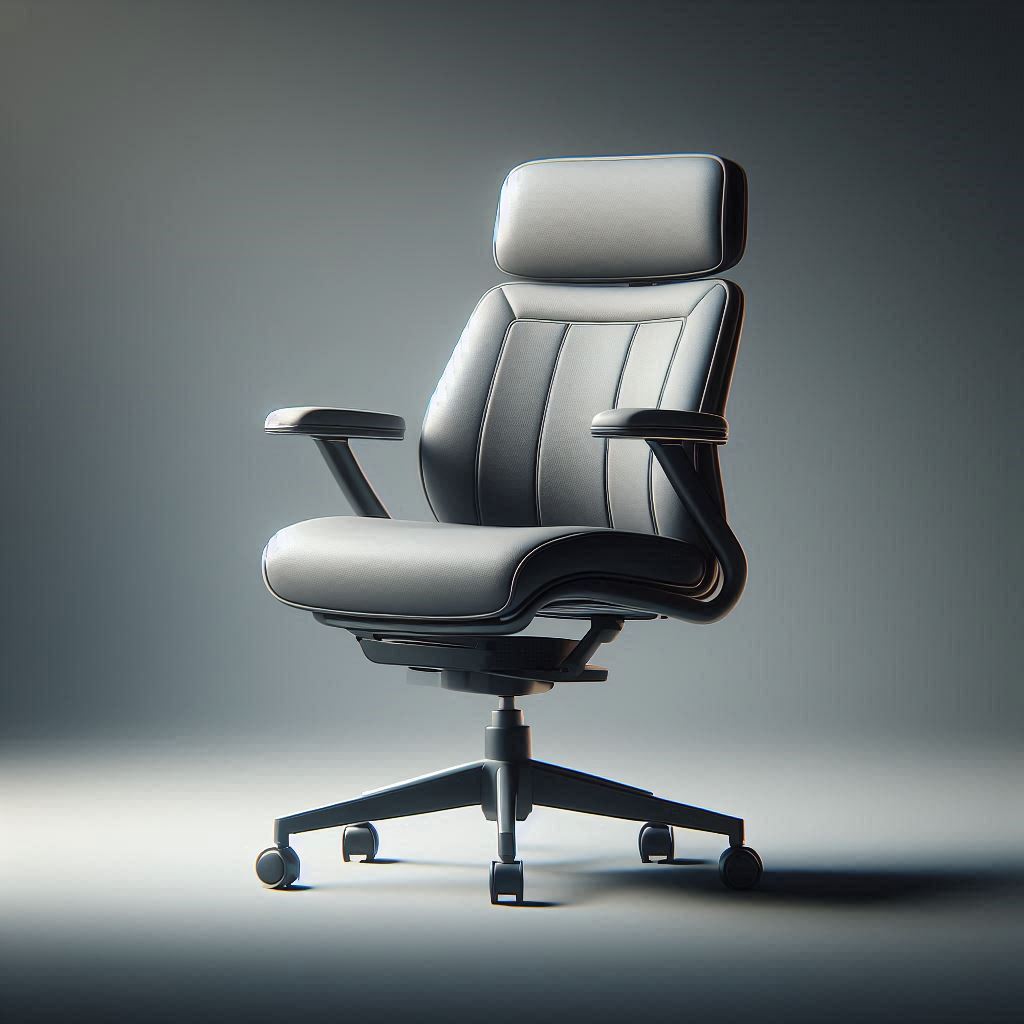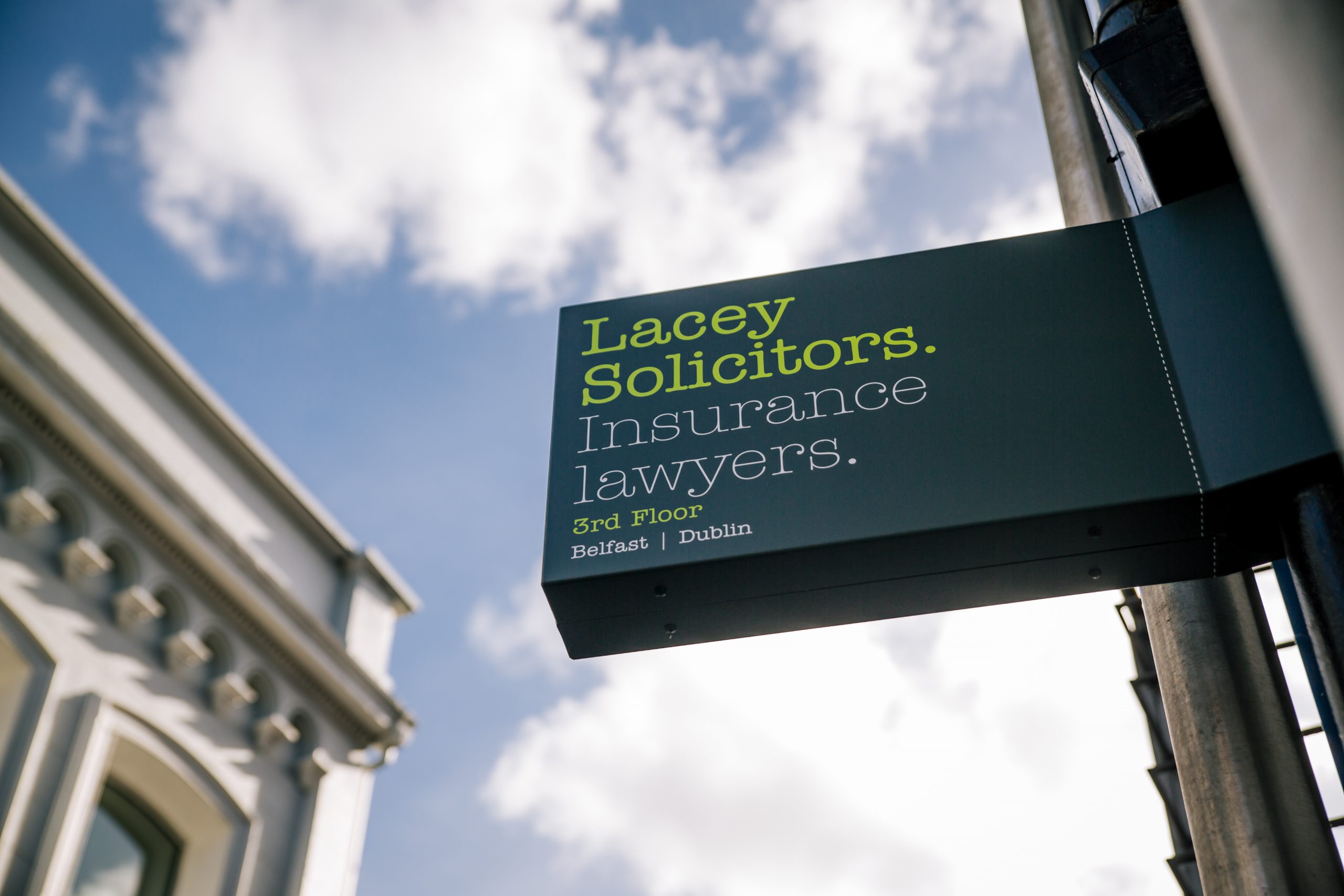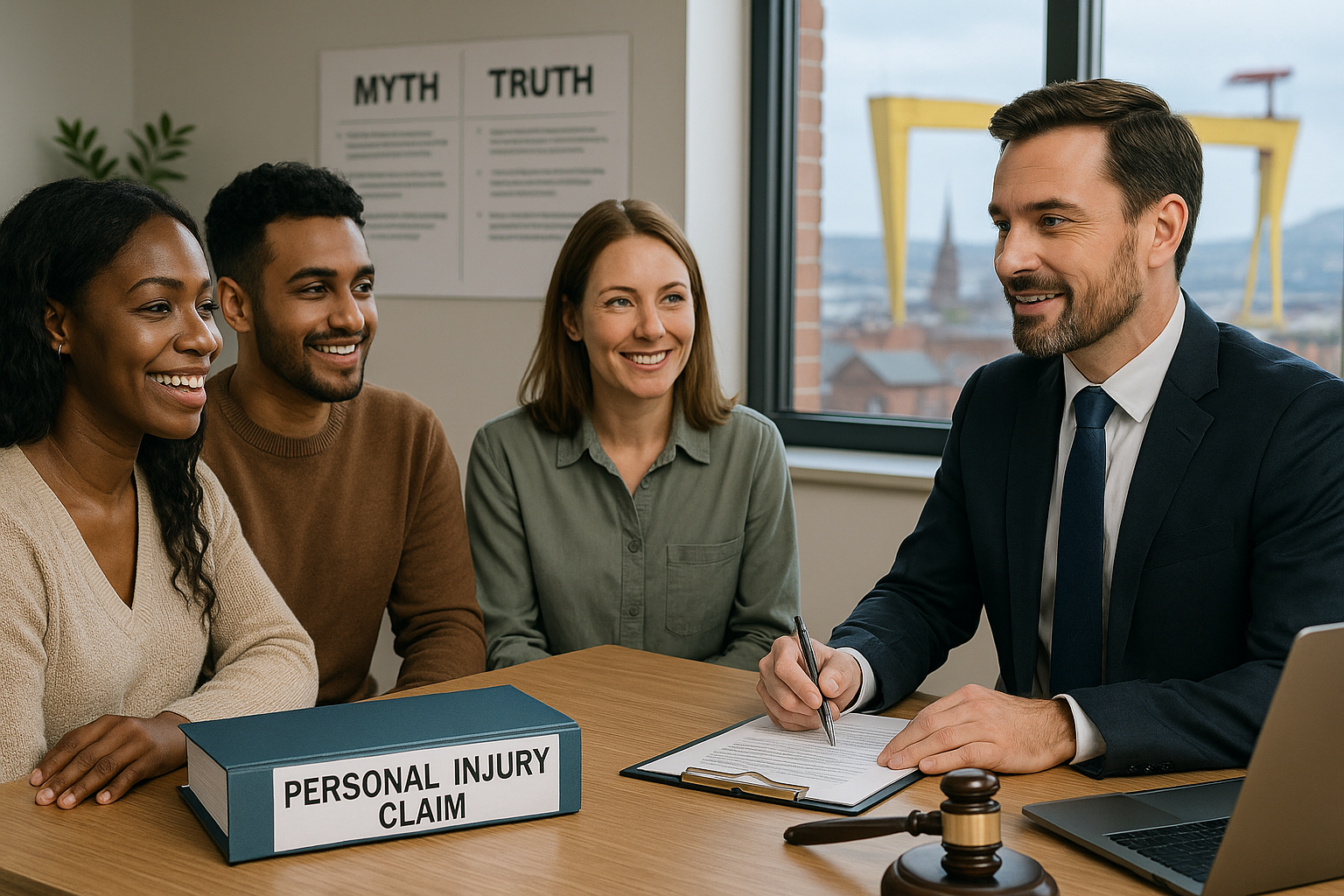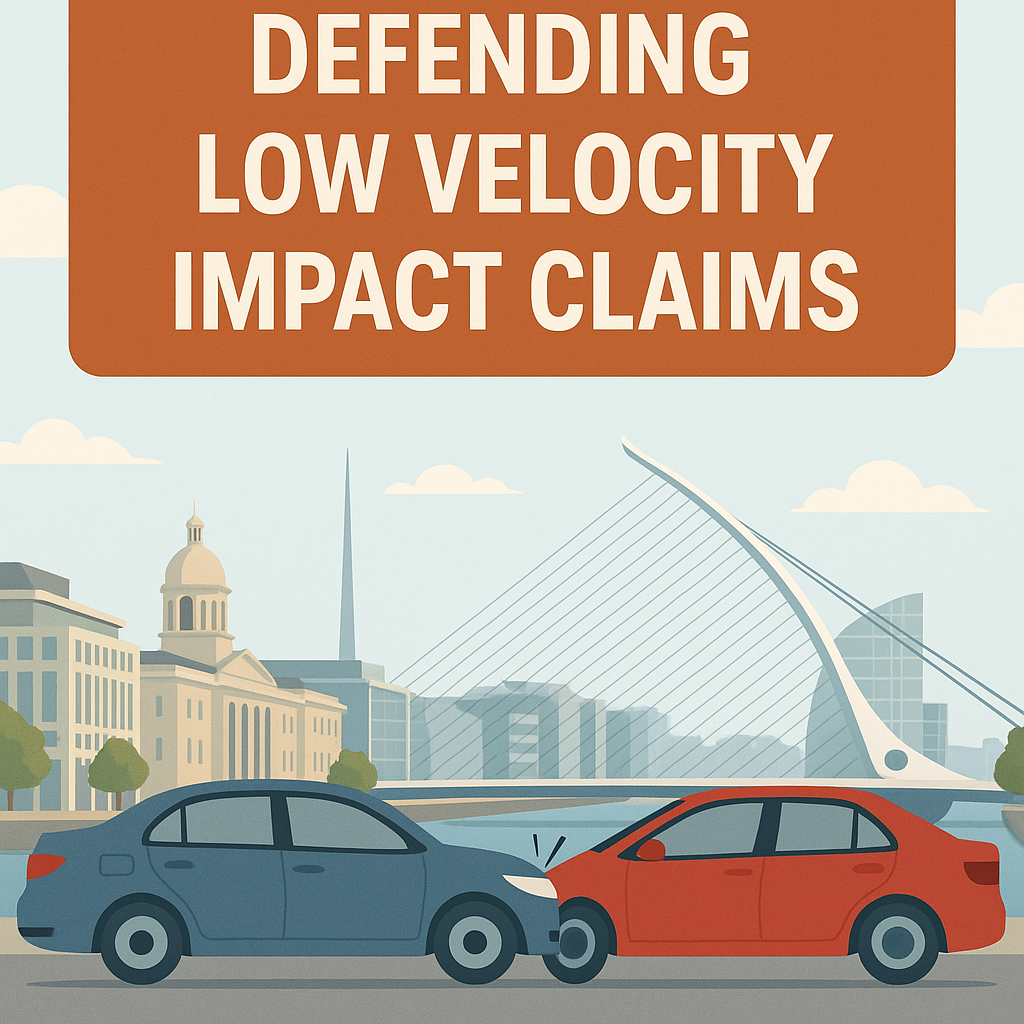Slips, trips and falls are responsible for a large portion of personal injuries both in public places and in the workplace – accounting for over 30% of all reported workplace injuries according to the Health and Safety Executive (HSE). These accidents can result in serious physical harm, trauma and financial loss.
At Lacey Solicitors, we act for clients across Northern Ireland and the Republic of Ireland who have suffered injuries due to unsafe conditions. Whether you’re an employee, employer, or member of the public, this guide will help you understand how slips and falls happen, how to prevent them, and what to do if you’ve been injured.
Identifying Common Causes of Trips and Falls
Trips and falls are so common both in the workplace and at home that NI Direct offers advice on how to prevent them. They cite environmental hazards, personal frailty, and the presence of children at home as factors involved in the causes of trips and falls.
Understanding the root causes of these incidents is key to prevention. The HSE outlines two essential models:
Slip Potential Model
This model identifies six contributing factors to slips:
- Contamination – Water, oil, dust, or cleaning fluids on the floor
- Cleaning – Poor cleaning practices or unsafe methods
- Flooring – Unsuitable or damaged surfaces
- Environment – Poor lighting, glare, or distractions
- Footwear – Inadequate grip or unsuitable shoes
- People – Rushing, fatigue, or mobility issues
A slip usually involves two or more of these elements.
Trip Potential Triangle
Most trips stem from:
- Poor walkway design or use – Cluttered, narrow, or obstructed pathways
- Housekeeping failures – Cables, tools or bins left in walkways
- Design and maintenance issues – Uneven floors, bad lighting, broken steps
Prevention must address all three components of the Trip Potential Triangle.
Tackling the Causes of Slips, Trips and Falls
If we remain vigilant, the majority of slips, trips, and falls at work or in public can be avoided. The following advice can guide you towards making better decisions to actively avoid tripping.
At work
Employers must comply with several key laws:
- Health and Safety at Work Act 1974
Requires employers to ensure the health and safety of staff and visitors as far as is reasonably practicable. - Management of Health and Safety at Work Regulations 1999
Requires regular risk assessments—including for slips and trips. - Workplace (Health, Safety and Welfare) Regulations 1992
Floors must be suitable, in good condition, and free from obstructions.
Your employer should ensure that the aisles and passageways at work are hazard free. You should be given all relevant training to avoid any incorrect carrying accidents. If you have a medical condition which affects your mobility, your employer should plan for that. Slips, trips and falls account for at least 31% of all workplace accidents.
Even while remaining vigilant, accidents do happen. Slips on wet flooring which is not identified with safety signage, tripping on boxes left in unexpected places, or falling down stairways are all possible. When they happen, you may wish to speak to a personal injury solicitor to ensure that your best interests are represented.
Negligence in any of these areas may result in an employer being liable.
Employee Responsibilities to Prevent Slips and Trips
Employees also have legal duties under the same regulations. You must:
- Take reasonable care for your own safety and others’
- Use safety equipment properly
- Report unsafe conditions or near misses
- Clean up minor hazards where appropriate
How Employees Can Help
- Keep floors clean and dry
- Avoid trailing cables or clutter
- Report poor lighting or loose flooring
- Suggest safety improvements to your employer
Even if you contributed to an accident, you may still be eligible for compensation under contributory negligence principles.
In public
Public authorities and property occupiers have a duty of care to maintain safe spaces:
- Uneven paving, potholes, and poor lighting are common trip hazards
- Missing signage or faulty handrails in shops or car parks can cause serious injury
If you fall due to a hazard in a public area, you may have a public liability claim against the council or occupier.
What to do if you have a Serious Fall?
All slips, trips and falls are regrettable and if they happen, we hope that they are are minor and result in no injury. However, there are those falls which are serious and have serious consequences.
Our office has dealt with claims involving more than just bruises:
- Torn ligaments, sprains or fractures
- Dislocations and spinal injuries
- Traumatic brain injuries (TBI)
- Chronic pain or permanent disability
When a serious or catastrophic injury occurs, you should reach out to a personal injury solicitor to seek guidance on how to proceed in a legal sense. Seeking compensation for your injuries could help you cover the costs of treatment, contribute towards making your recovery easier, and go some way towards repairing any damage done to your future earning potential.
What to Do If You’ve Had a Serious Fall
- Seek medical attention – Your health comes first.
- Record evidence – Photos, witness details, and incident reports are crucial.
- Report the incident – To your employer, the council, or the business involved.
- Speak to a solicitor – The sooner you get legal advice, the better.
Seek Out Lacey Solicitors Firm
At Lacey Solicitors firm, with offices in both Belfast and Dublin, we bring decades of combined experience acting for both injured individuals and insurers across the entire island of Ireland. Our team is uniquely positioned to handle slip, trip and fall claims in both jurisdictions, with particular expertise in cases involving employers, occupiers, and local authorities. Whether you’re seeking redress after a serious injury or defending a claim, we offer cross-border legal insight and a free initial consultation. If you or a loved one has suffered a fall, let us help you secure the compensation you deserve contact our Belfast or Dublin offices today or visit www.laceysolicitors.com to arrange a confidential consultation.
















